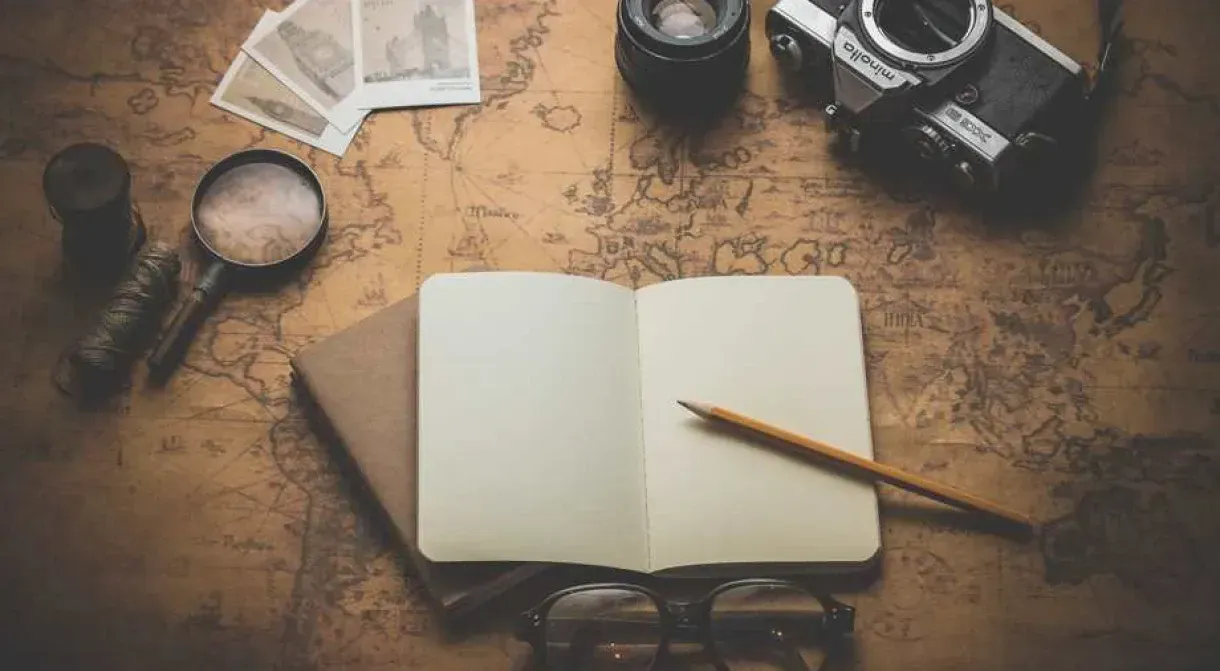This Texan Cowboy Church Is the Biggest in the World

Driving down Interstate 35 between Dallas and Austin, you wouldn’t necessarily know that the world’s largest cowboy church sits just off the Highway 287 Bypass in Waxahachie, Texas. Typically meeting in rural settings such as barns and arenas, cowboy churches are local Christian cultures that celebrate Western heritage. Baptisms tend to take place in large stock tanks, and worship services feature short, simple sermons accompanied by country gospel bands.
The Cowboy Church of Ellis County is no exception. With 5,000 registered members and between 1,500–2,000 people in attendance per service, the world’s largest cowboy church meets on a huge campus that comprises a large arena, worship center, children’s center, and “welcome wagon”—where the congregation greets other visitors.

Media and ministry coordinator Mary Kate Moran shared a potted history of the church, which Ron Nolan established in 2000. When Ron’s son began competing as a roper in local rodeo events, Ron asked him where his fellow rodeo contestants attended church. Learning that most cowboys didn’t attend services, Ron saw a ministry opportunity and started the Cowboy Church of Ellis County.

Many cowboy churches have similar origins, tracing their roots about 40 or 50 years back as outgrowth ministry events associated with ranch rodeos, competitions, and cowboy poetry gatherings. In the past 15 to 20 years, the cowboy church movement has expanded exponentially, especially in Texas. After starting the Cowboy Church of Ellis County, Ron Nolan resigned as senior pastor in order to focus on planting more churches through the Texas Federation of Cowboy Churches. Now a national organization, known as the AFFC (American Federation of Cowboy Churches), the group has planted more than 200 Baptist cowboy churches in 16 states—and the movement is still growing.

Today, Gary Morgan is the senior pastor of the Cowboy Church of Ellis County, whose mission is to change lives “by boldly proclaiming the Gospel to the Western culture.” According to the church’s website, staff and members believe that “the Gospel of Jesus Christ is the best and most important news that anyone will ever hear”—a statement that invites people from all races, backgrounds, and experiences to participate in a community focused on grace.
Typically, there are five characteristics of a cowboy church: theologically, most cowboy churches are either non-denominational or Baptist-affiliated; they don’t collect or solicit offerings at events or during worship; there is no formal membership and no dress code; services take place in non-traditional settings.

Departing slightly from this model, the Cowboy Church of Ellis County follows the standards outlined in Glenn Smith’s 1988 book, Apostle Cowboy Style. The church is affiliated with three partner organizations: the American Fellowship of Cowboy Churches (AFCC), Texas Baptists, and the Ellis Baptist Association—a coalition of 38 Baptist churches in the Dallas/Fort Worth area. Imitating the liturgy outlined by Glenn Smith, these churches removed traditional practices from non-denominational services such as the “altar call” and the passing of the collection plate—two things believed to have no biblical basis. Instead, worshipers can place tithes and offerings in a boot, hat or wooden houses at the rear of the arena or meeting room.
This model also features a leadership structure that employs volunteers to perform most of the essential functions of the church. The Cowboy Church of Ellis County has five full-time pastors and two staff members, while volunteer elders, deacons, and lay pastors take care of other church operations.
Worship services take place on Sunday mornings at 8:30 am and 10:30 am, lasting about one hour and fifteen minutes. Monday night services are shorter, starting at 7:30 pm and lasting for about half an hour. The dress code for all services is “come as you are,” and they describe the worship music as “Christian country.” For more information and to experience this uniquely warm and welcoming culture for yourself, check out the Events Page to learn about everything from Bible studies and worship services to bull riding, mutton bustin’ and more.














